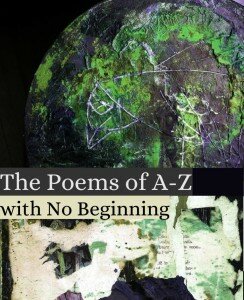 “Gene Tanta comes from a land where the place of words and even of letters was challenged one hundred years ago. Tristan Tzara, born and educated in a very small town of Eastern Romania, Moineşti, as Samuel Rosenstock, and Isidore Isou, pen name of Ioan-Isidor Goldstein, broke the new wood between mimetic language and language as material. Twisting together the spectral traces of the Romanian and North American avant-gardes via the “fronde” (Dada’s sling against illusionist art) and the formal concerns of the Language poets, Tanta continues the path blazed by Tzara and Isou. Pastoral Emergency asks how words or even letters still manage to coexist without colliding after such a cultural and universal “Big Bang”?” – Radu Andriescu
“Gene Tanta comes from a land where the place of words and even of letters was challenged one hundred years ago. Tristan Tzara, born and educated in a very small town of Eastern Romania, Moineşti, as Samuel Rosenstock, and Isidore Isou, pen name of Ioan-Isidor Goldstein, broke the new wood between mimetic language and language as material. Twisting together the spectral traces of the Romanian and North American avant-gardes via the “fronde” (Dada’s sling against illusionist art) and the formal concerns of the Language poets, Tanta continues the path blazed by Tzara and Isou. Pastoral Emergency asks how words or even letters still manage to coexist without colliding after such a cultural and universal “Big Bang”?” – Radu Andriescu
“From “all that glitters” to “catch some Z’s before you zag,” Gene Tanta’s Pastoral Emergency is a vertiginous alphabetical romp. The twenty-six poems deconstruct each letter into a surreal and hypnotic brew of sound, non-meaning and sly signification that conflates the Danube and the Loop, the personal and the poetic, making the fusty fresh, the meta-chaotic a brave new word-cosmos. Tantalizing and triumphant.” – Adam J. Sorkin
“W.H. Auden and John Ashbery have published books in which the poems are arranged alphabetically. Gene Tanta goes them one better with a book of poems which are themselves alphabetical. PASTORAL EMERGENCY has a hypnotic feeling of inevitability about it as it demonstrates the way in which language writes our poems and our minds.” – John L. Koethe
“Oulipo meets Simic under the aegis of American elliptical poetry.” – Robert Archambeau
“Gene Tanta’s Pastoral Emergency is emergent alliteration as arrivalist’s dreamsphere molted in the fruit of rich anxiety and tensile love. We are getting there and writing the magic carpet simultaneously holding our coattails and devouring them. Yummy alphabetic alarums in the path of cultural littering; do read.” – Lisa Samuels
“Gene Tanta is like that amazing stranger you find whispering on a bus. Leaning closer, you understand that he is saying almost more than language holds. His audacity dazzles—“a phantom-limb in actual lust,” “scenic as the hungry gurgle of ground-water say,” until one is overcome by his dream in language flexed to breaking. I admire this poet’s range and vision and ability to spread words in front of this reader’s eyes. He is a pointillist of the imagination.” – Maxine Chernoff
“The title – Pastoral Emergency – suggests that we long for a less complicated time, yet urgent intervention is required before things worsen. We are pulled between poles, wandering alphabetic territory between constraint and incantation, simple taxonomy giving path to rich passage.” – Lane Hall
 Poems of A-Z with No Beginning (928.4 KiB)
Poems of A-Z with No Beginning (928.4 KiB)
A print version is in the works.
An earlier version of this chapbook can be found here.
Please consider a donation to the author for your copy of this book.



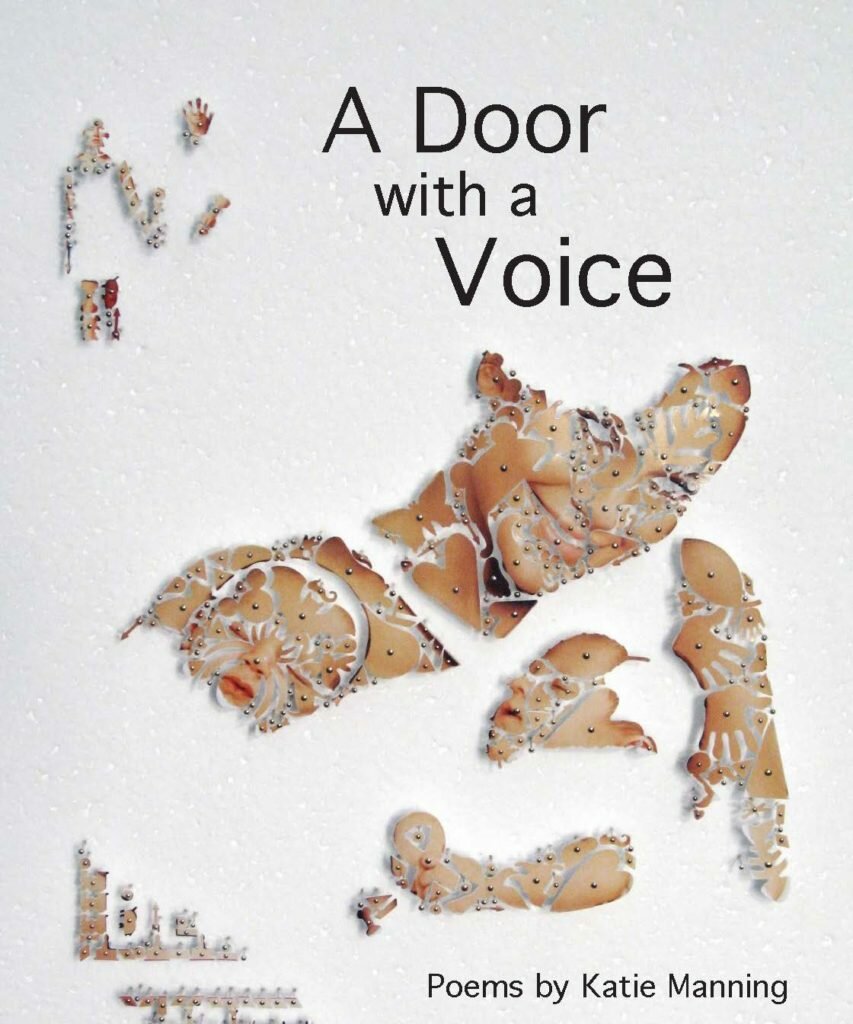
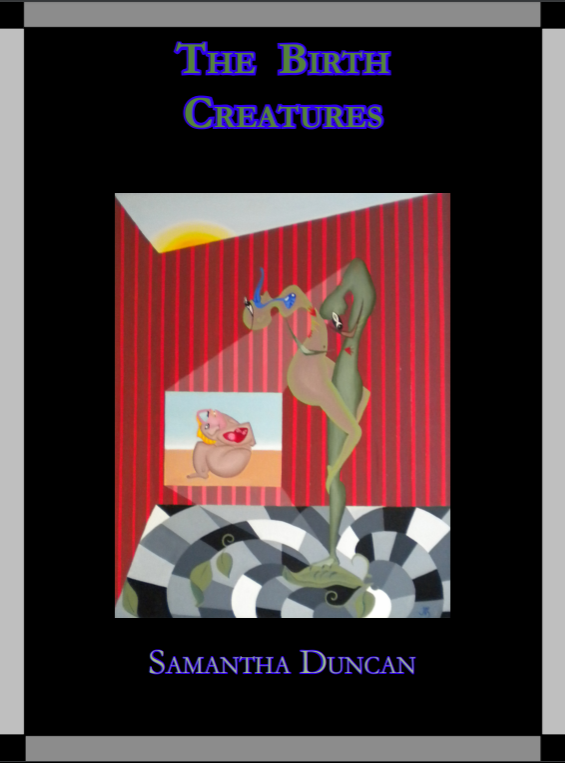
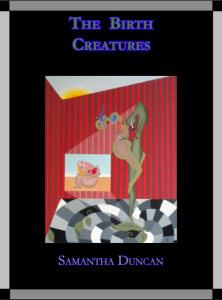





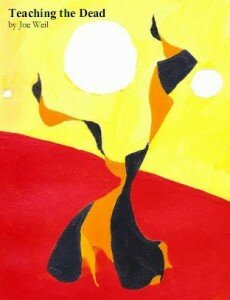 In his inimitable fashion, Joe Weil treats the pains of life as joy and the joys of life as pain. This diverse collection ranges from Weil’s classics (“Poem with Lamb and Potatoes”, “Cricket Hour”) to a series of haikus dedicated to a dead groundhog (“Dead Groundhog Lust Haiku”). A short run was made available through the short-lived Press Electrrrric! and is now available online.
In his inimitable fashion, Joe Weil treats the pains of life as joy and the joys of life as pain. This diverse collection ranges from Weil’s classics (“Poem with Lamb and Potatoes”, “Cricket Hour”) to a series of haikus dedicated to a dead groundhog (“Dead Groundhog Lust Haiku”). A short run was made available through the short-lived Press Electrrrric! and is now available online.